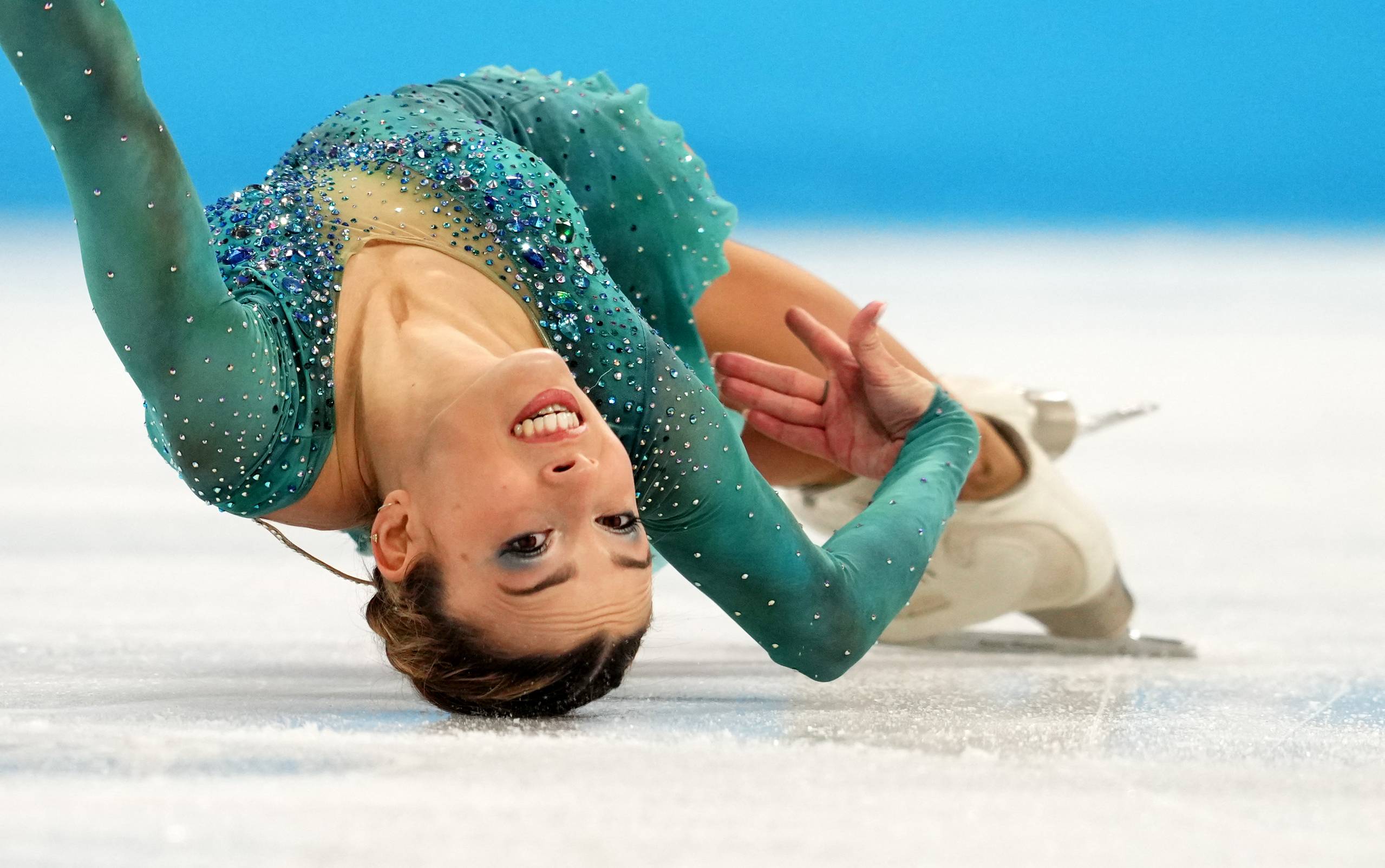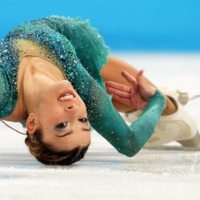Spanish figure skater Laura Barquero tested positive for a prohibited substance during the Beijing Winter Olympics, the International Testing Agency (ITA) said on Tuesday.
The ITA said Barquero returned an adverse analytical finding for a metabolite of Clostebol, which is on the prohibited list of the World Anti-Doping Agency.
The sample was collected under the testing authority of the International Olympic Committee in an in-competition anti-doping control on Feb. 18 during the pairs skating short program.
"The athlete has been informed of the case. She has the right to request the analysis of the B-sample," the ITA said in a statement, adding the matter will be referred to the Anti-Doping Division of the Court of Arbitration for Sport.
The 20-year-old Barquero and her partner Marco Zandron finished 11th in the pairs skating short program.
The highest-profile doping story at the Games concerned 15-year-old Russian figure skating team gold medallist Kamila Valieva who was allowed to compete in the singles event after news emerged of a failed doping test at her national championships in December.
Ukrainian bobsledder Lidiia Hunko, Iranian Alpine skier Hossein Saveh-Shemshaki and Ukrainian cross-country skier Valentyna Kaminska tested positive for prohibited substances during the Beijing Games.




















With your current subscription plan you can comment on stories. However, before writing your first comment, please create a display name in the Profile section of your subscriber account page.